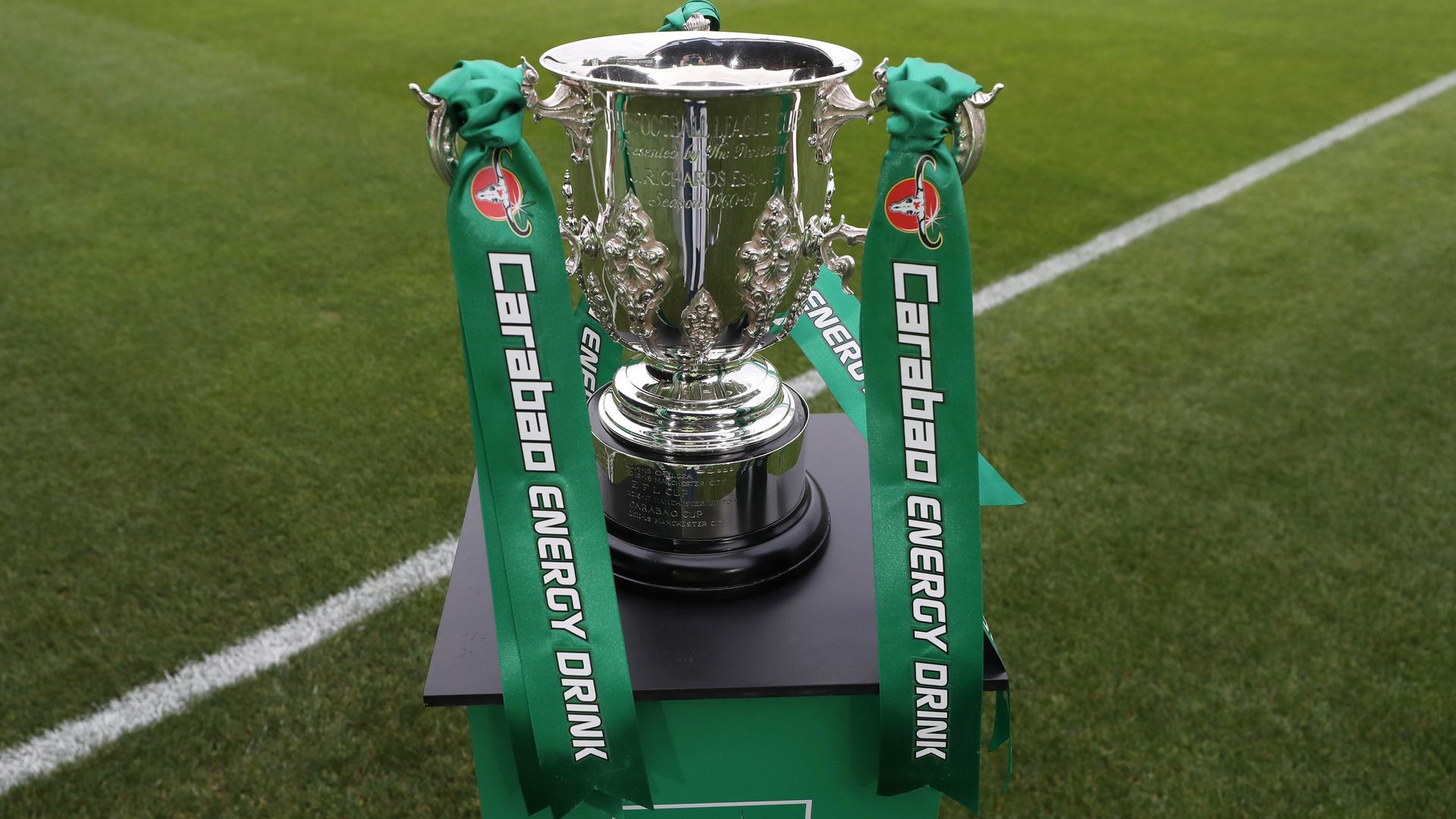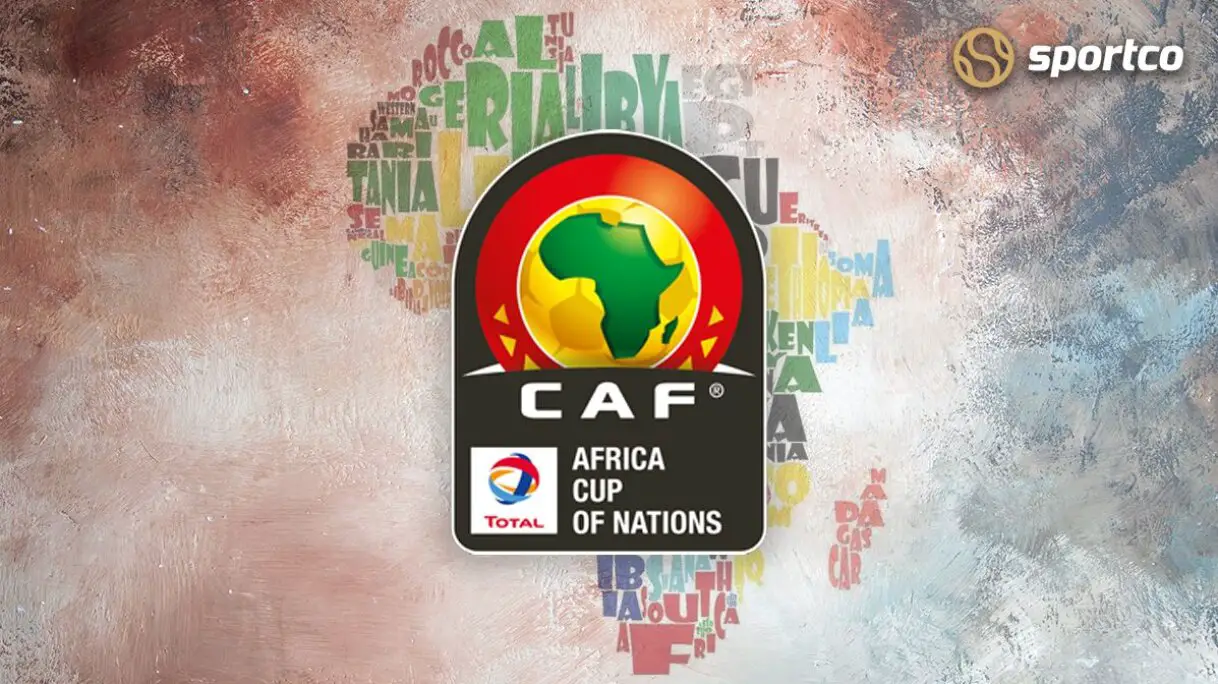
If uncertainty lingers, direct your attention to the £106.8 million-valued world champion seated on the sidelines. The resonance of money echoed loudly when Enzo Fernández stepped onto the field after a laborious 65 minutes of Chelsea’s struggle against the fifth-tier League Two opponents. Mauricio Pochettino remained cautious and resolute, and despite a spirited effort from AFC Wimbledon, the Carabao Cup clash took a definitive turn once Fernández made his entrance.
The catalyst for Chelsea’s advancement into the third round was the Argentinian player, although not before Wimbledon stirred anxiety by taking an initial lead. The visitors posed challenges, particularly with Harry Pell’s spirited performance in midfield, leaving Chelsea on edge until Noni Madueke leveled the score from the penalty spot. Pochettino breathed a sigh of relief at the end, especially as Wimbledon had opportunities to push for a penalty shootout.
Pochettino adopted an experimental lineup, granting full debuts to Lesley Ugochukwu, Mason Burstow, and Diego Moreira. Nevertheless, Chelsea possessed considerable firepower on the bench, featuring the two most costly players in English football history. Wimbledon, historically capable of surprises, showcased the essence of football’s communal spirit, playfully bridging the financial gap between the two clubs. This dynamic might have influenced Pochettino’s decision to renege on his commitment to include “four or five” untested academy players, instead placing Moisés Caicedo and Fernández on the substitutes’ bench—insurance in case Chelsea needed to deploy their £221.8 million-valued midfield talent.
Given Pochettino’s past experience of a League Cup defeat via penalties against Colchester United during his tenure with Tottenham, he wisely refrained from underestimating Wimbledon. The visitors’ strategy was straightforward—frustrate the opponent—aided by a charismatic antagonist in Pell. This feisty midfielder took center stage when Wimbledon took an unexpected early lead.
The pivotal moment arrived when a deep free-kick entered Chelsea’s penalty area. Pell’s commitment to the challenge led to a collision with Robert Sánchez, Chelsea’s goalkeeper. While Sánchez’s intent seemed to be a clean clearance, he was penalized by referee Tony Harrington for the contact with Pell’s face. Chelsea disputed the decision, yet Pell’s subsequent actions, including a defiant gesture toward the home fans, added theatricality. Wimbledon capitalized on this drama as James Tilley converted the penalty.
Pochettino’s frustration was palpable, leading to a tense exchange with Pell. Chelsea initially struggled to regain their rhythm, displaying rushed play. The closest they came to equalizing was an Ian Maatsen effort deflected wide.
Wimbledon’s resistance eventually crumbled. Chelsea’s persistence paid off when Madueke drew a penalty from Alex Pearce after a skillful run into the penalty area. Madueke confidently converted, making Pochettino’s halftime talk slightly more reassuring.
Pochettino’s proactive nature emerged as Moreira’s struggles led to his halftime substitution. Nicolas Jackson’s introduction injected energy, causing issues for Wimbledon’s defense. Chelsea intensified their tempo, with Bass called into action to parry Conor Gallagher’s long-range shot. Although Wimbledon posed a counterattacking threat, a crucial block from Axel Disasi thwarted Ali al-Hamadi, making Manchester United reconsider pursuing the loan signing of the left-back Cucurella.
As the match unfolded, concern grew when Levi Colwill sustained an injury. Chelsea’s dependence on Fernández became evident, as he tested Bass with a curling attempt. Persistence paid dividends as Bass’s clearance rebounded off Maatsen, leaving Fernández to calmly slot the ball into the net from 20 yards, securing Chelsea’s victory.
Credit: The Guardian
